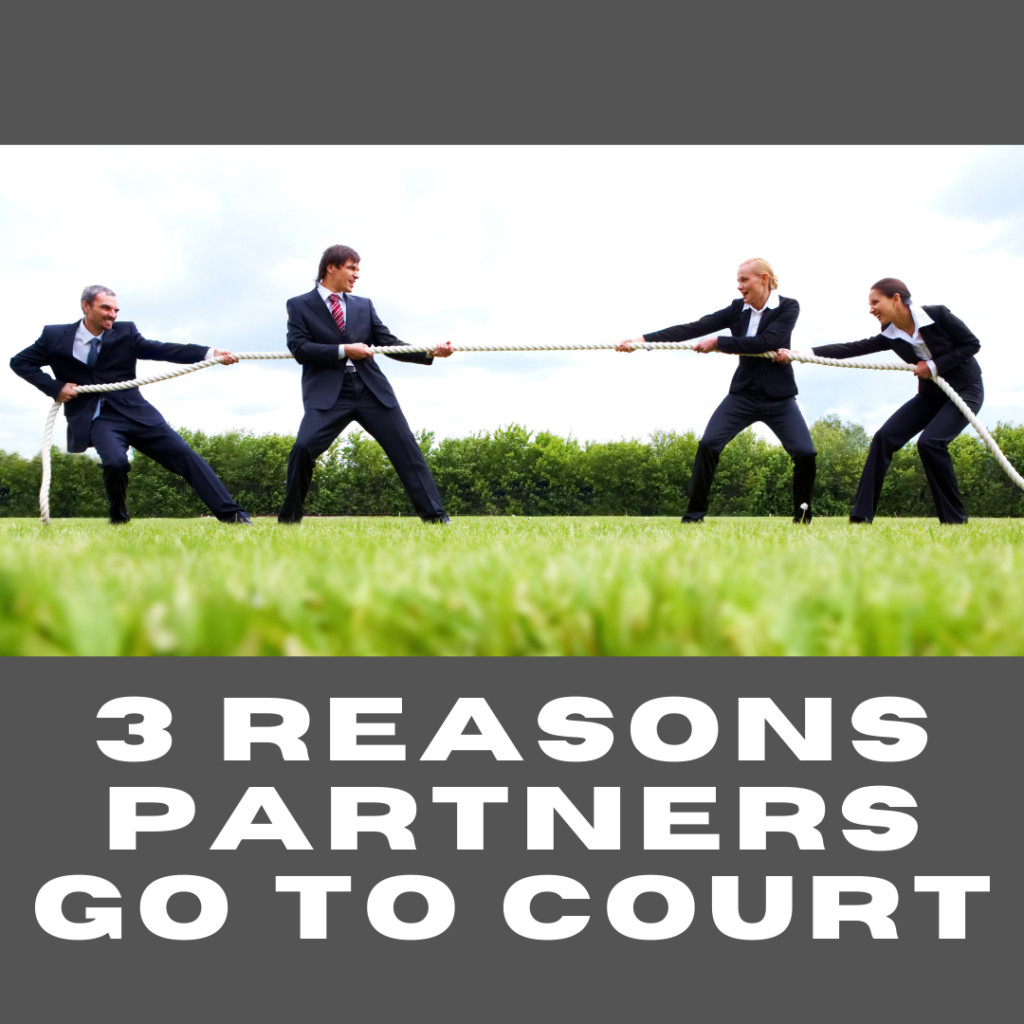
The reasons triggering a dispute between owners are never the same. Having handled several member and shareholder litigations, none of the disputes started the same way or involved the exact same circumstances. There are, however, some common themes that often times lead to a dispute between owners. Usurpation of corporate opportunities, owners standing on both sides of a transaction, and breaches of fiduciary duties are the most common of the reasons triggering a war among owners.
Usurpation of corporate opportunities.
The law as to corporate opportunity prevents an owner from taking a business opportunity that is either essential to the business or is one in which the business would have an interest or expectancy for his or her own gain. If the business is financially able to take advantage of such opportunity, the owner needs to present such opportunity to the business. When one owner seeks to take advantage of a situation which rightfully belongs to the business, litigation often arises between the business, the other owners, and the wrongdoing owner.
Owners on both sides of the transaction.
Controlling owners standing on both sides of a transaction also often results in litigation. In such a case, said owners must establish that the product of the transaction was the result of both fair dealing and fair price. This is a tough standard as fair dealing examines, in part, whether the owner disclosed her role on both sides of the transaction and fair price looks at the economic and financial considerations of the transaction. The court will look at the totality of the transaction to determine whether the owner on both sides gained an improper advantage.
Breaches of fiduciary duties.
The law imposes upon the participants in a fiduciary relationship the highest standards of integrity and good faith in their dealings with each other. Each business owner has a corresponding fiduciary duty. The corresponding fiduciary duties owed by owners may include:
- Fiduciary Duty of Loyalty
- Fiduciary Duty of Disclosure
- Fiduciary Duty to Not Compete
- Fiduciary Duty of Honesty
- Fiduciary Duty of Care
- Fiduciary Duty to Act within Reasonable Expectations of the Owners
- Fiduciary Duty to Not Convert a Business Asset to Personal Use
- Fiduciary Duty to Share Business Opportunities.
In litigation between owners, usually more than one of these duties are alleged to have been breached.
Successfully handling disputes between owners requires a lawyer who understands the complexity of such litigation and is able to think multiple steps ahead of your adversary. We have handled such disputes and look forward to discussing your dispute with you.
The material contained herein is provided for informational purposes only and is not legal advice, nor is it a substitute for obtaining legal advice from an attorney. Each situation is unique, and you should not act or rely on any information contained herein without seeking the advice of an experienced attorney. All information contained in links are the property of the linked site.

